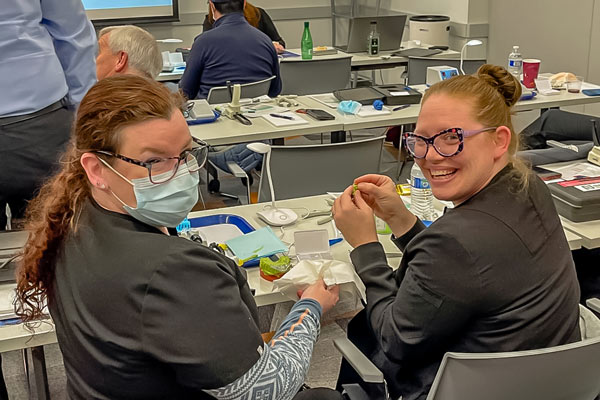When it comes to dental care, understanding the costs associated with oral surgery versus routine dental procedures can be perplexing. Patients often find themselves weighing the financial implications of employing an oral surgeon against those of a general dentist. This article delves into the nuances of oral surgery costs, examining the various types of procedures involved and offering insights into whether oral surgeons indeed carry a heftier price tag than traditional dentists.
Firstly, it’s critical to delineate the roles that oral surgeons and dentists play in the realm of oral health. Dentists generally handle routine care such as cleanings, cavity repairs, and preventive services. They are the first line of defense in oral health, equipped to address various dental issues. Oral surgeons, in contrast, specialize in more complex surgical procedures. These include tooth extractions, jaw realignments, and reconstructive surgeries, necessitating extensive training and expertise. This distinction is foundational to understanding the cost differential, as the complexity and risk associated with surgical procedures often translate into higher fees.
To better comprehend oral surgery costs, one must consider the specific types of services that oral surgeons provide. Common procedures include:
- Wisdom Tooth Extractions: A frequent requirement, especially for young adults, this procedure can range from $75 to $600 per tooth, depending on whether the tooth is impacted.
- Dental Implants: Featuring a high degree of complexity, implants are not only a surgical procedure but often include multiple visits and additional components. The total cost can go anywhere from $3,000 to $5,000 per implant.
- Corrective Jaw Surgery: Used to realign the jaw, this procedure is often necessary for those with severe orthodontic issues. Costs can soar to $20,000 or more, based on the severity of the case.
- Bone Grafting: This is often required prior to placing implants, costing anywhere from $300 to $3,000 depending on the amount of bone material needed.
In juxtaposition, dental procedures typically see lower price points. For instance, a standard filling could set a patient back around $150, while a routine cleaning may cost between $75 and $200. The disparity in pricing clearly illustrates the complexity and intricacies associated with oral surgery that contribute to higher costs.
Furthermore, the skill set required for oral surgeons accounts for a significant portion of the expense. Oral surgeons often undergo additional years of education and training beyond dental school, focusing specifically on surgical techniques and patient management. The expertise required to navigate complex surgical situations is not only valuable but, inevitably, it comes at a premium — a factor that patients must understand when contemplating their options.
The location and facility in which these procedures are conducted also play a pivotal role in determining costs. Urban areas with a high cost of living typically dictate higher fees. Additionally, the surgical environment — whether it is in a hospital or a private practice — can influence the final bill due to overhead expenses associated with each setting. Oral surgeons practicing in affluent neighborhoods may also charge more than those in less expensive areas, further compounding the variability in oral surgery pricing.
Insurance coverage is another critical element to consider. Many dental insurance plans have specific clauses regarding coverage for surgical procedures, often leading to confusion among patients. While some oral surgery procedures may be covered depending on the medical necessity, many cosmetic surgeries may not be reimbursed, leading patients to grapple with out-of-pocket expenses. Patients should take time to thoroughly check their insurance policies. Understanding what is covered can drastically change the perceived cost of undergoing oral surgery.
When assessing whether oral surgeons are more expensive than dentists, it is essential to evaluate not just the monetary aspect, but the value provided by each type of professional. While it may appear that oral surgeons command higher rates, their specialized proficiency often translates into better outcomes for more complex issues. This nuance is pivotal; after all, choosing the right professional could mean the difference between a successful resolution and prolonged complications.
Patients are also encouraged to consider financing options when faced with high costs associated with oral surgery. Many offices offer payment plans or operate in tandem with third-party financing companies to make surgical procedures more accessible to a broader range of patients. Exploring these options can mitigate the initial financial burden and allow patients to proceed with necessary treatments without undue stress.
In conclusion, the inquiry into whether oral surgeons are more expensive than dentists reveals a multifaceted landscape. The distinctions in costs are driven by the complexity of procedures, the level of expertise required, geographical variances, and the potential for varied insurance coverage. As patients navigate their oral health decisions, a well-informed approach will help ensure they receive the appropriate care tailored to their needs, balancing both cost and quality effectively. In the journey of oral health, understanding the financial implications can be as crucial as selecting the right professional.
